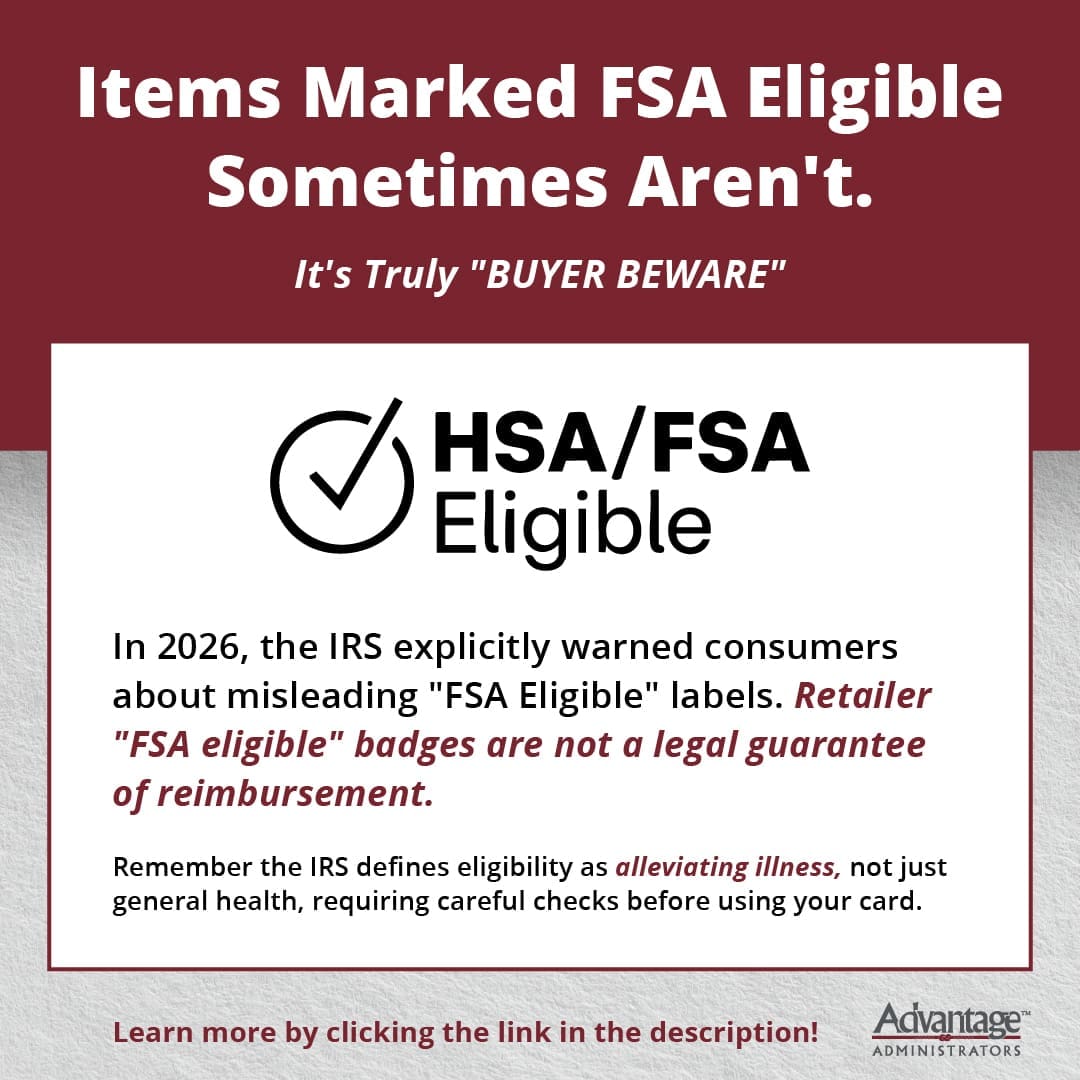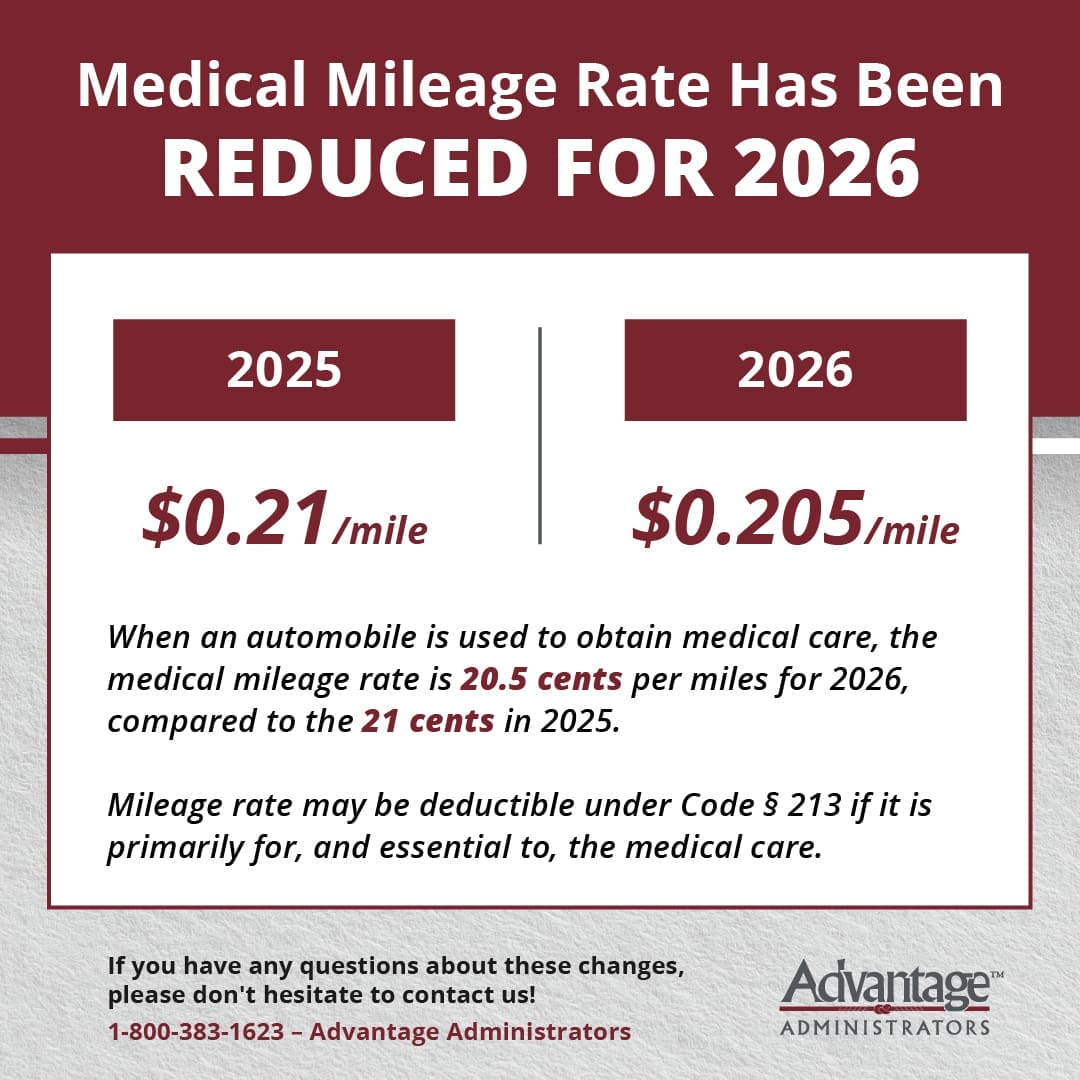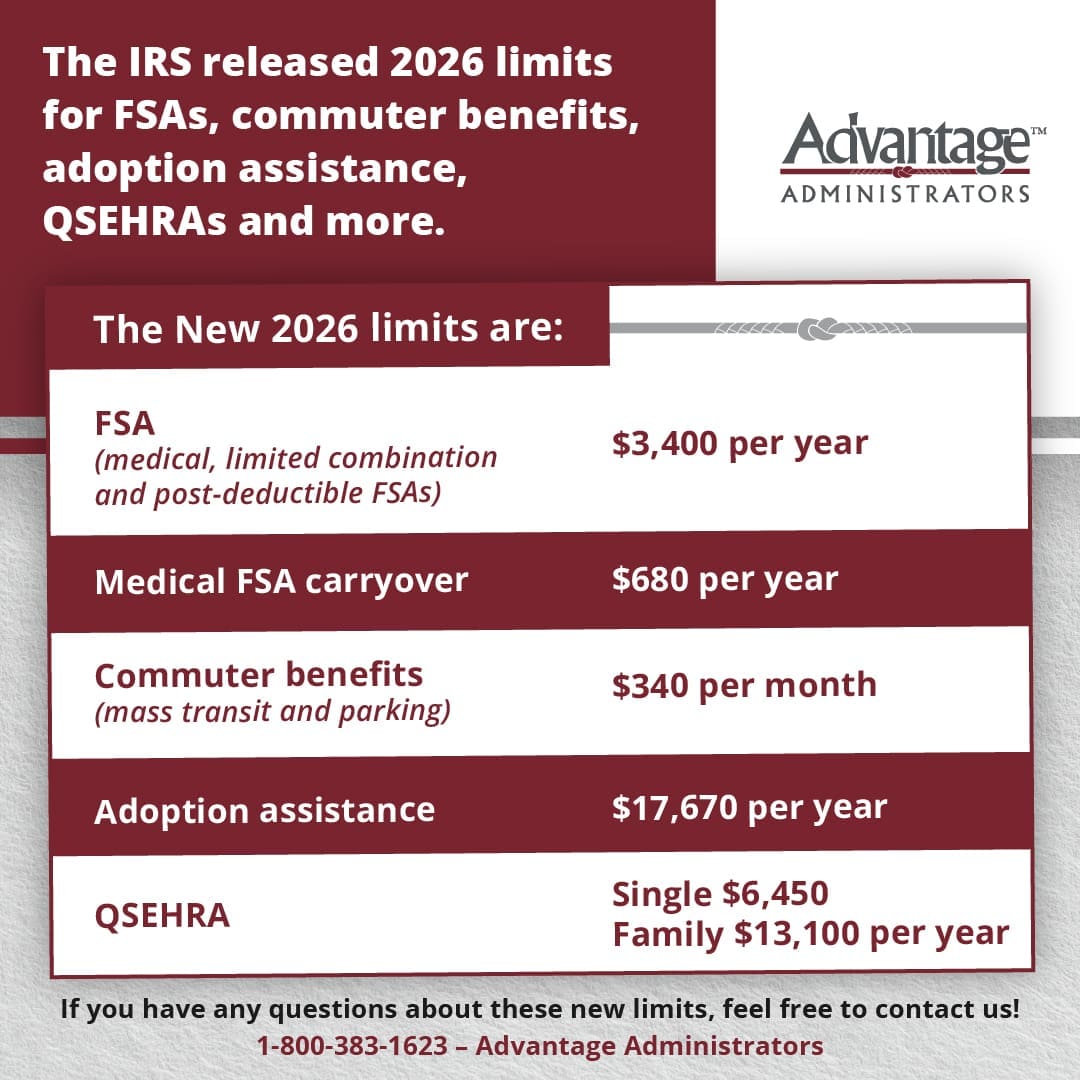Employees – and You – Benefit from a Benefits Debit Card
Helping your employees save doesn’t just benefit them – it helps employers like you, too. Providing employee benefits that are easy to both understand and use will encourage them to participate. Advantage Administrators recommends accomplishing this by providing employees with a benefits debit card.

Automated Spending
Using a benefits debit card has a lot of perks, one being ease of access. Americans use debit cards more frequently than cash when making a purchase, oftentimes because of its convenience. A benefits debit card allows employees to access their funds from all of their employee benefits in one place. Since using a debit card is already standard procedure for many employees, they will be more inclined to take part in the program.
Additionally, using a benefits debit card is time-saving. Employees who use their benefits debit card at an Inventory Information Approval System (IIAS) merchant can bypass the need to substantiate Flexible Spending Account (FSA) or Health Reimbursement Arrangement (HRA) claims. These programs make for a better experience, which could help up program participation and help you save on FICA taxes.

Keeping it Simple
To prove the eligibility of expenses, the IRS requires FSA and HRA claims to be substantiated. If the IRS finds evidence that the purchases were not compliant, the plans could be disqualified and contributions may become taxable.
Some benefits debit cards automatically substantiate recurring expenses and copays. If the card identifies similar conditions as a previously substantiated purchase, such as the same amount and location, the purchase is approved automatically. The card also recognizes recurring copays and allows employees to approve them without additional documentation.
As an employer, a benefits debit card also reduces the number of questions you have to field regarding employee benefits. With timely reimbursement and less time filing claims or uploading documents, Advantage Administrators knows that you and your employees will be able to spend more time on things that matter.
Have questions? Contact Advantage Administrators.










 Flex Plans
Flex Plans Forms
Forms HSA
HSA HRA
HRA Retirement
Retirement Health Shopper
Health Shopper FSA Store
FSA Store

